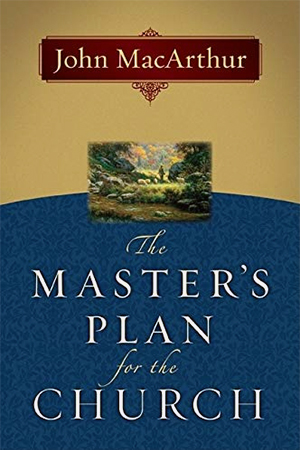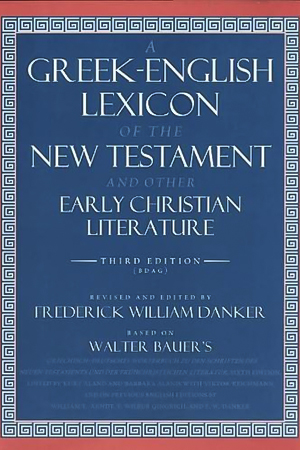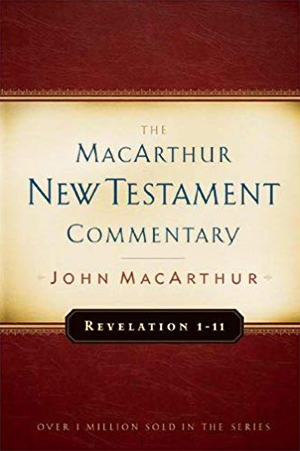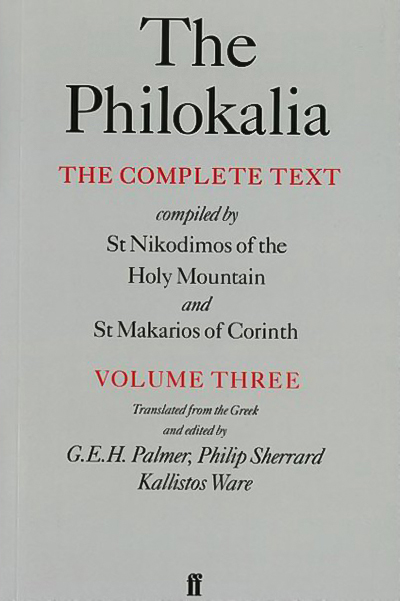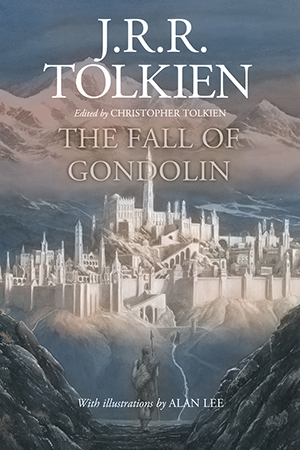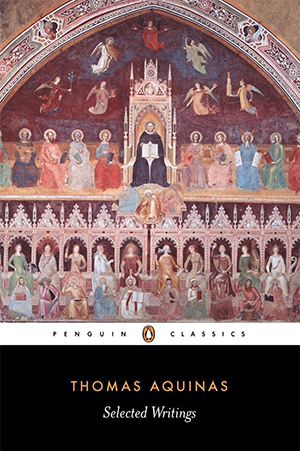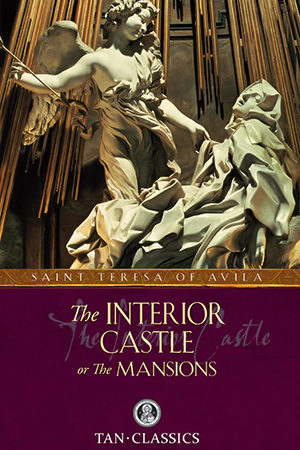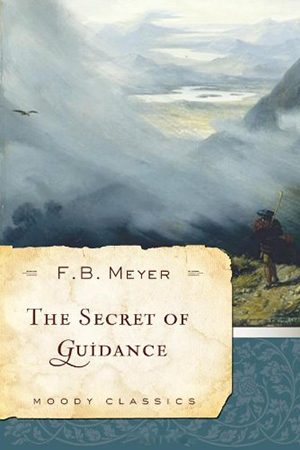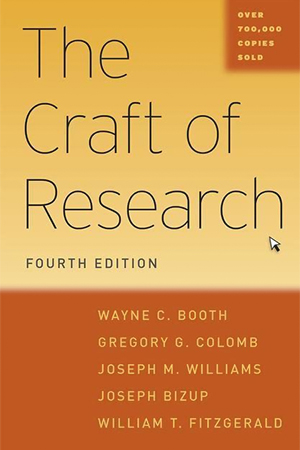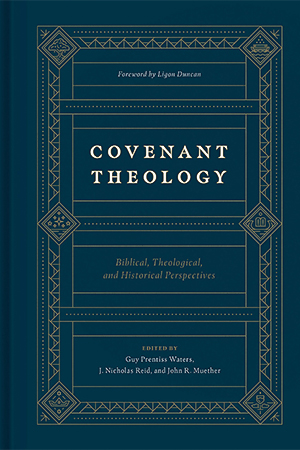
Title: The Doctrine on Which the Church Stands or Falls: Justification in Biblical, Theological, Historical, and Pastoral Perspective
Series: Theology
Published by: Crossway
Release Date: March 31, 2019
Contributors: Matthew Barrett (Editor, Contributor)
Genre: Academic
Pages: 912
ISBN13: 978-1433555411
Many factors contributed to the Protestant Reformation, but one of the most significant was the debate over the doctrine of justification by faith alone. In fact, Martin Luther argued that justification is the doctrine on which the church stands or falls. This comprehensive volume of 26 essays from a host of scholars explores the doctrine of justification from the lenses of history, the Bible, theology, and pastoral practice―revealing the enduring significance of this pillar of Protestant theology.
Contributors
Matthew Barrett (Editor, Contributor), D. A. Carson (Foreword), Gerald Bray (Contributor), Robert Cara (Contributor), Chris Castaldo (Contributor), Brandon Crowe (Contributor), Leonardo De Chirico (Contributor), J. V. Fesko (Contributor), Korey Maas (Contributor), Jason C. Meyer (Contributor), Andrew David Naselli (Contributor), Sam Storms (Contributor), Mark D. Thompson (Contributor), David VanDrunen (Contributor), Willem A. VanGemeren (Contributor), Stephen J. Wellum (Contributor), Brian Vickers (Contributor), Stephen G. Dempster (Contributor), Allan Harman (Contributor), Timo Laato (Contributor), Dan McCartney (Contributor), R. Lucas Stamps (Contributor), David Shaw (Contributor), Nick Needham (Contributor), Bruce Baugus (Contributor)
Review
“The tide is definitely turning. No longer can it be taken for granted that the New Perspective has the last word on the ‘chief article.’ With essays by specialists in various fields, this volume is a wonderful defense of the gospel, and I heartily recommend it.”
―Michael Horton, J. Gresham Machen Professor of Systematic Theology and Apologetics, Westminster Seminary California
“A thoughtful, thorough, and important set of essays on the current ‘state of the union’ on the perennial issue of justification by faith. The introductory essay by Matthew Barrett is worth the price of admission itself―outlining in detail the wide range of biblical-theological issues at stake in the current discussions about the nature of justification, now forty years on from the advent of the New Perspective on Paul. It is hard to imagine a single volume covering virtually every single aspect of the controversy surrounding Protestant―and, to a lesser extent, Roman Catholic―scholarship on the doctrine, but this large collection of essays comes very close. This volume reflects well a core conviction throughout Reformed Protestantism that the Word must be heard afresh in every generation, most especially because it is the Word of Life. This book also takes seriously and graciously the voices of opposition. If you want to dive deep into the doctrine of justification, this volume ought to be at the top of your list.”
―Richard Lints, Senior Distinguished Professor of Theology, Provost Emeritus, Gordon-Conwell Theological Seminary
“The Doctrine on Which the Church Stands or Falls is a sterling contribution to a biblically informed, theologically deep, historically sensitive, and pastorally astute engagement with the doctrine of justification by faith alone―sola fide. Controversies past and present relating to the doctrine are deftly explored, whether it is the Council of Trent on view or the New Perspective on Paul or the apocalyptic reading of Paul. An invaluable resource and stimulus to careful thought about a crucial doctrine provided by a galaxy of eminently able scholars.”
―Graham A. Cole, Emeritus Dean and Emeritus Professor of Biblical and Systematic Theology, Trinity Evangelical Divinity School; author, He Who Gives Life and Faithful Theology
“Into a world literally hell-bent on self-justification through better performance, the biblical doctrine of justification of sinners through faith in Jesus Christ brings a refreshing, ever re-creating breeze. In this volume, twenty-seven essays examine this doctrine from exegetical, systematic, historical, and practical perspectives. The authors stimulate readers to return to the rich resources of Scripture and enable them to proclaim God’s way of restoring sinners to their God-given relationship with their Creator. This volume provides readers with insights mined from the Bible and from the pastoral needs of people today, aiding personal reflection and material for bringing the saving presence of Christ into everyday life.”
―Robert Kolb, Emeritus Professor of Systematic Theology, Concordia Seminary
“The breadth and depth of this new work on justification is quite astonishing. An array of scholars from various backgrounds assess the biblical witness, the theological profile, the historical backdrop, and the pastoral application of justification. A most impressive achievement.”
―Thomas R. Schreiner, James Buchanan Harrison Professor of New Testament Interpretation, The Southern Baptist Theological Seminary
“We’ve just celebrated the five hundredth anniversary of the Protestant Reformation and at the same time have passed through about fifty years of questioning (and reformulation) of the classic Reformation doctrine of justification by grace alone through faith alone in Christ alone. This makes The Doctrine on Which the Church Stands or Falls timely indeed. As someone who has been engaged in both the academic and ecclesiastical defense of the historic Reformation doctrine, I welcome this sturdy volume. I have already learned much from the authors and will return to this book again as a resource as I continue to explain and address this crucial topic.”
―Ligon Duncan, Chancellor and CEO, Reformed Theological Seminary
“With a distinguished cast of scholars representing a wide range of competencies and traditions, this book ices the cake of the five hundredth anniversary of the Protestant Reformation. Not only are the biblical data (Old and New Testaments) and Second Temple writings thoroughly covered, topics like the New Perspective, justification in Patristic writings, the Reformation, Roman Catholic teaching on justification, and justification since the rise of the Enlightenment all come under careful scrutiny. No new book can be declared a classic. Yet in an era when post-Christian Westerners―even in the church―have tended to devalue doctrine in exchange for the worship of experience, this book’s timely and skilled affirmations of doctrine generally and justification in particular make it a contender for classic status in coming years. It will not only inform but reinvigorate all careful readers desiring to plumb the depths of justification’s priceless truth.”
―Robert W. Yarbrough, Professor of New Testament, Covenant Theological Seminary
“Thoroughly rooted in Scripture and classical Protestant theology, the essayists in The Doctrine on Which the Church Stands or Falls passionately and accessibly demonstrate the truth manifest in the classical Reformers’ commendation of the doctrine of justification by grace alone: God imputes Christ’s righteousness to sinners for Jesus’s sake. In light of current obfuscations of this doctrine from so many quarters―misplaced ecumenism, liberal Protestantism, and faulty exegesis―this book is a welcome, indeed vital, resource for all gospel preachers and teachers. This volume promises to carry forward the achievements of the Reformers beyond the five hundredth anniversary of the Reformation to future generations.”
―Mark Mattes, Department Chair and Professor of Theology and Philosophy, Grand View University
“Justification is ‘the heart of the matter,’ as Luther called it in his debate with Erasmus. Faith, church, and theology all depend on this doctrine. This topic thus needs attention and―although it sounds odd―deserves a great book like this one edited by Matthew Barrett. The wide spectrum of issues surrounding justification is opened up by a team of top scholars and is written down in a clear and sound biblical style. This book is a very helpful guide for students and pastors but will also help the Christian church rediscover why there is a church and what her core business is all about.”
―Herman Selderhuis, President, Theological University Apeldoorn, the Netherlands; Director, Refo500; President, Reformation Research Consortium
“The doctrine of justification by faith alone was not invented by the Reformers of the sixteenth century, but it was the centerpiece of their program to renew the church on the basis of the Word of God. It remains no less crucial today. I welcome this new collection of essays―scholarly, substantial, engaging―which moves the discussion forward in a helpful way.”
―Timothy George, Distinguished Professor of Divinity, Beeson Divinity School, Samford University
“The Doctrine on Which the Church Stands or Falls is a robust survey of the doctrine of justification. Assembled is an outstanding team of scholars and pastors whose research and reflection afford rich fare to readers hungering to know more of the grace of justification. Whether you want to know more of the doctrine’s foundations in biblical teaching, the relationship of justification to other theological doctrines, the ways in which the doctrine has been formulated throughout the history of the church, the ancient and modern controversies and disagreements concerning the doctrine, or justification’s implications for Christian life and ministry, you will find yourself informed and challenged by the servings of this volume. The Doctrine on Which the Church Stands or Falls is nothing less than a full-course meal, well served. Bon appétit!”
―Guy Prentiss Waters, James M. Baird, Jr. Professor of New Testament and Academic Dean, Reformed Theological Seminary, Jackson
“How can a person be right with God? In this stellar, well-conceived volume, the contributors’ collective answer to this question is, ‘One is right with God only by trusting in the righteousness of another, namely, in the sinless substitute, Christ Jesus, alone’―the ‘great exchange.’ In this, they stand in a powerful biblical and historical tradition, as the volume amply demonstrates. Highly recommended!”
―Andreas J. Köstenberger, Theologian in Residence, Fellowship Raleigh, North Carolina; Cofounder, Biblical Foundations
“Obscuring the doctrine of justification has been one of the devil’s most effective weapons against the church. This landmark study calls us back to a God-glorifying, loving, missional faith in the God who justifies. As justification depends on and determines so much of life and theology, it is only fitting that this book so ably incorporates wide-ranging exegesis, church history, doctrine, and pastoralia. I warmly commend it to all who wish to be better equipped for life and ministry.”
―Peter Sanlon, Director of Training, The Free Church of England
“Intrinsic to the heart of the Protestant tradition is the confession of justification by faith alone. Rooted in the Reformation response to the faith-and-works orientation of the basis of salvation, this doctrine has been rightly seen as utterly biblical. Matthew Barrett also knows that this core doctrine of true Christianity can never be taken for granted―hence this excellent treatment of what this doctrine entails and how it relates to other areas of the Christian life. Warmly recommended.”
―Michael A. G. Haykin, Chair and Professor of Church History, The Southern Baptist Theological Seminary
“In The Doctrine on Which the Church Stands or Falls, Matthew Barrett and more than twenty other capable and gifted thinkers have offered a thorough and persuasive case for the doctrine of justification by grace through faith. Exploring this vital theological concept from the perspective of the Hebrew Scriptures, the teaching of the New Testament, and the history of Christian doctrine, as well as from the vantage point of systematic and pastoral theology, the authors offer a comprehensive and symphonic chorus for readers of this outstanding volume. The exposition, explication, and application of this essential Christian teaching found in this impressive book should become essential reading for theologians, biblical scholars, pastors, students, and interested laypersons. Barrett is to be commended and congratulated for putting together this much-needed work at this important time.”
―David S. Dockery, Distinguished Professor of Theology, Southwestern Baptist Theological Seminary
“Since justification by grace alone through faith alone on account of Christ alone is truly that doctrine on which Christ’s church stands or falls, this wonderful doctrine cannot be studied enough or too deeply. Barrett has assembled a solid group of faithful and first-rate scholars to tackle this subject from biblical, theological, historical, and pastoral perspectives. While some ask the question, ‘Why the Reformation?’ this volume provides the answer. This is the doctrine by which the church stands or falls because this doctrine is the gospel! A feast awaits the reader.”
―Kim Riddlebarger, Senior Pastor, Christ Reformed Church, Anaheim, California
“Looking at this substantial work, the expression ‘kid in a candy store’ comes to mind―at least if the candy you seek is a thorough, in-depth, sophisticated, and biblically faithful treatment of the doctrine of justification. I commend Matthew Barrett for assembling a team of exceedingly competent biblical scholars, church historians, and theologians who have canvassed this enormously important doctrine from multiple angles, theoretical and practical. I highly recommend this book to scholars and pastors alike who are looking for the latest thinking on justification from an orthodox Protestant perspective. This book has it all!”
―Alan W. Gomes, Professor of Theology, Talbot School of Theology; Senior Research Fellow, Phoenix Seminary
About the Author
Matthew Barrett (PhD, The Southern Baptist Theological Seminary) is associate professor of Christian theology at Midwestern Baptist Theological Seminary, as well as the founder and executive editor of Credo Magazine and the host of the Credo Podcast. He is the author of several books, including None Greater; 40 Questions About Salvation; God’s Word Alone; and Owen on the Christian Life. He is the editor of The Doctrine on Which the Church Stands or Falls and Reformation Theology.
D. A. Carson (PhD, Cambridge University) is Emeritus Professor of New Testament at Trinity Evangelical Divinity School. He is a cofounder of the Gospel Coalition and has written or edited nearly two hundred books. He and his wife, Joy, have two children and live in the north suburbs of Chicago.
Gerald Bray (DLitt, University of Paris-Sorbonne) is research professor at Beeson Divinity School and director of research for the Latimer Trust. He is a prolific writer and has authored or edited numerous books, including The Doctrine of God; Biblical Interpretation; God Is Love; and God Has Spoken.
Provost, Chief Academic Officer, and Hugh and Sallie Reaves Professor of New Testament, Reformed Theological Seminary; author, Cracking the Foundation of the New Perspective on Paul; contributor, A Biblical-Theological Introduction to the New Testament
Chris Castaldo (PhD, London School of Theology) is the lead pastor at New Covenant Church in Naperville, Illinois. He is the author of Talking with Catholics about the Gospel and coauthor of The Unfinished Reformation.
